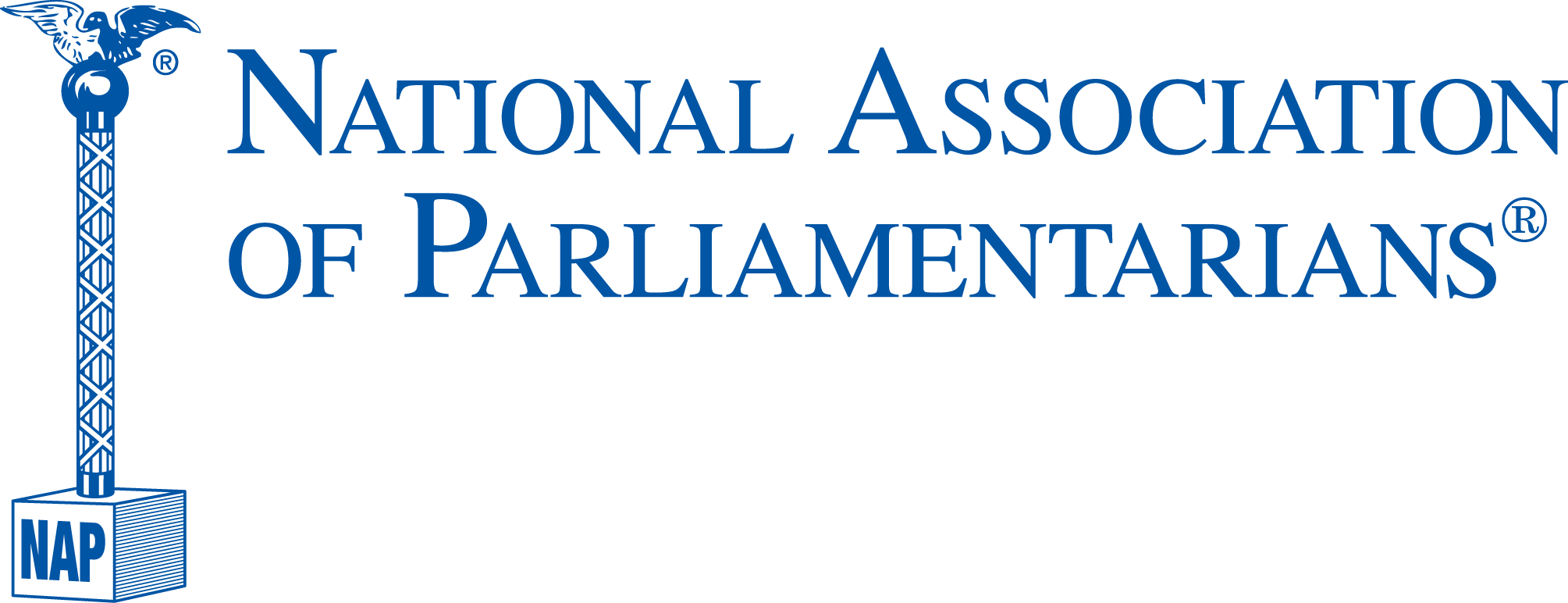Professional Registered Parliamentarian

Upcoming Examination Dates
(click to register)
What is a Professional Registered Parliamentarian®?
NAP’s Professional Registered Parliamentarian (PRP) credential is the highest credential a member can achieve. The PRP credential reflects that a member:
- Has demonstrated advanced parliamentary knowledge and skills that qualify them to serve as consultants to organizations of all types and sizes
- Can discuss complex questions in depth and at length that arise in the parliamentary process
- Illustrates extensive comprehension of parliamentary rules and their proper application in meetings in both standard and special circumstances
The PRP Process
The Professional Registered Parliamentarian Credentialing Exam (PRPCE) is administered over a period of two days, in-person or virtual. The PRPCE is offered in conjunction with NAP’s Biennial Convention, in conjunction with the NAP Training Conference, and at other times determined by the Commission. PRPCE applicants must register at least seventy-five days prior to the start of the examination window.
The PRPCE is a simulation of what parliamentarians can expect to see in unusual circumstances and will be based on the Performance Expectations for Professional Registered Parliamentarians. Each simulation should consist of no more than six candidates. Prior to the simulation, candidates will receive materials that they will need to adequately prepare for a client meeting, including governing documents.
Candidates will also receive instructions to write the meeting script, develop a workshop to be presented to the meeting attendees, and draft an opinion that may be utilized during the business session. On the first day of the simulation, each candidate will present thirty (30) minutes of their presentation to the examiners and other candidates on the assigned topic. Additionally, candidates will take part in a pre-business session meeting that will consist of examiners asking questions about the script, mention potential issues that could come up during the business session, ask for guidance on how to handle certain things that could occur, etc. The candidates will be given time to draft additional scripts that may be needed in the business session. On the second day of the simulation, the business session will convene. Each candidate will serve as a presiding officer and as a parliamentarian. This rotation will occur during announced breaks in the meeting agenda. Candidates will be expected to handle complex issues that could come up during a business meeting. Situations that were addressed on the previous day could be raised, and candidates may be allowed to refer to a script that they or their parliamentarian have prepared. Additional and unknown situations may also occur that the candidate and their parliamentarian will be expected to work through. There may be multiple business sessions that take part to ensure that each candidate is able to serve as a parliamentarian and a presiding officer adequately. Upon the conclusion of the second day, candidates will be dismissed. If the examiners need additional information from a candidate, a follow-up assignment may be requested from the candidate prior to announcement of the outcome; however, such follow-up assignment is not a requirement that must be satisfied if the examiners choose not to pass a candidate.

